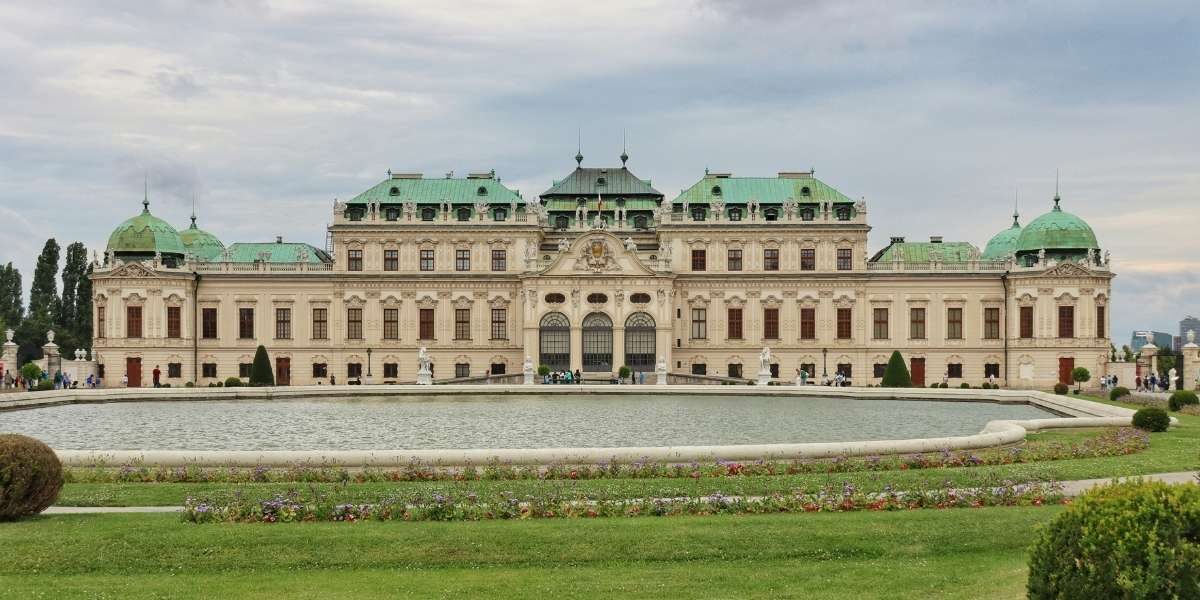Tracing the Evolution of Governance: A Comprehensive History of Government
The concept of government has been a cornerstone of human civilization for millennia. From the first tribal societies to the modern nation-states, the forms, philosophies, and impacts of governance have undergone dramatic transformations. This article delves into the evolution of government, tracing its roots, exploring key milestones, and examining the thinkers and events that shaped the political systems we see today.
Read Also: The Eureka! of Serendipity: Unintended Discoveries that Sparked Innovation
Ancient Origins
The earliest forms of governance emerged from the need for order and structure in human societies. Tribal societies, led by chiefs or elders, were among the first forms of governance. These early systems were based on kinship and communal decision-making. As societies grew, so did the complexity of governance.
In ancient Mesopotamia, Egypt, Greece, and Rome, governance evolved into more structured forms. Mesopotamia saw the development of the first known legal codes, such as the Code of Hammurabi, which laid the groundwork for rule by law. Ancient Egypt introduced a centralized government under the Pharaohs, who were considered both political leaders and divine figures. Meanwhile, in Greece, the concept of democracy began to take shape in Athens, where citizens directly participated in decision-making. Rome, with its Republic and later Empire, offered a system that mixed democracy and autocracy, influencing later Western political thought.
Medieval Governance
The medieval period marked a significant shift in governance, particularly in Europe. The feudal system became the dominant model, with power held by local lords and vassals rather than centralized monarchs. Kings and queens, often under the influence of the Church, ruled large territories but granted land to noble families in exchange for loyalty and military service.
During this period, the Church played a pivotal role in governance, especially in Europe, where it was a unifying force. The Pope’s authority extended into political spheres, and church law often governed societal norms. The emergence of early parliamentary institutions, particularly in England, was a significant development. The Magna Carta of 1215, which limited the powers of the king and established legal protections for subjects, laid the groundwork for constitutional governance.
The Age of Enlightenment and Revolution
The Age of Enlightenment in the 17th and 18th centuries brought about radical changes in political thought. Thinkers like John Locke, Jean-Jacques Rousseau, and Montesquieu challenged traditional ideas about monarchy and aristocracy. Locke’s theory of natural rights and Rousseau’s social contract argued for the idea that governments derive their legitimacy from the consent of the governed.
The American and French Revolutions were direct outcomes of these Enlightenment ideas. The American Revolution of 1776 established the United States as the first modern democracy, grounded in the principles of popular sovereignty and the protection of individual rights. The French Revolution in 1789, although more violent, also sought to dismantle aristocratic rule and institute a republic based on the will of the people.
This period marked the rise of liberalism, with its focus on individual freedoms, equality, and democratic governance. These ideas continue to shape political systems around the world.
The 19th and 20th Centuries
The 19th and 20th centuries were a time of tremendous political and social change. The expansion of democracy and the rise of industrialization transformed both national and global politics. The spread of democratic ideas across Europe and the Americas led to the creation of welfare states, which sought to protect citizens from the economic and social upheavals caused by industrialization.
New ideologies emerged, including socialism and communism, which provided alternative models to capitalist democracies. Karl Marx’s ideas on class struggle and the role of the working class in overthrowing capitalist systems led to the creation of socialist and communist states, most notably the Soviet Union.
World wars and decolonization further reshaped the political landscape. The aftermath of World War I led to the creation of the League of Nations and the reorganization of many European borders. After World War II, the establishment of the United Nations aimed to promote international cooperation and prevent further global conflicts. The process of decolonization, especially in Africa and Asia, resulted in the creation of new nation-states and a reevaluation of governance across the globe.
Modern Governance and Global Challenges
Today, governance faces new challenges, including the effects of globalization, climate change, and the impact of technology on society. Globalization has interconnected the world in ways that make it harder for governments to act independently. Issues like climate change require international cooperation, but the diverse political systems and interests of nations often hinder effective global action.
Technology also presents both opportunities and challenges for modern governance. The rise of the internet and social media has transformed how governments interact with citizens. While technology has democratized information and facilitated communication, it has also created new challenges related to privacy, cybersecurity, and the spread of misinformation.
At the same time, debates about democracy, human rights, and the role of government continue to evolve. The rise of authoritarian regimes in some parts of the world and the erosion of democratic norms in others have led to ongoing discussions about the future of governance.
Comparative Governance
Governments today vary greatly across the world. Some nations embrace democracy, with free and fair elections, separation of powers, and the protection of individual rights. Others, such as authoritarian regimes, concentrate power in the hands of a single leader or ruling party, often curtailing civil liberties and political freedoms.
There are also hybrid systems that combine elements of democracy and authoritarianism. These systems often hold elections, but they are not entirely free or fair, and the ruling party or leader may maintain significant control over the political process.
Comparing these systems helps us understand their strengths and weaknesses in addressing modern challenges such as economic inequality, social unrest, and global cooperation.
The Philosophy of Government
The philosophy of government has been shaped by many influential thinkers throughout history. Plato, in his work The Republic, argued that the ideal government is ruled by philosopher-kings, individuals who possess wisdom and virtue. Aristotle, in contrast, believed that the best government was one that balanced the rule of law with the needs of the people.
In the modern era, thinkers like John Locke, Jean-Jacques Rousseau, and Montesquieu influenced the development of constitutional democracy. Locke’s theories on natural rights, Rousseau’s ideas about the social contract, and Montesquieu’s advocacy for the separation of powers laid the foundation for modern democratic governance.
Read Also: How Sustainable Business Practices Foster Trust and Loyalty
These philosophical ideas continue to influence political thought today, with debates about the role of government, the rights of individuals, and the best way to organize societies remaining central to political discourse.
The history of government is a story of adaptation, innovation, and conflict. From the earliest tribal societies to the modern nation-states of today, governments have evolved to meet the changing needs of their societies. The development of political ideas, the rise of new forms of governance, and the challenges of globalization and technology all contribute to the complex nature of governance in the 21st century. By understanding the evolution of government, we gain insight into the forces that shape our world and the ways in which we continue to organize and govern ourselves.








